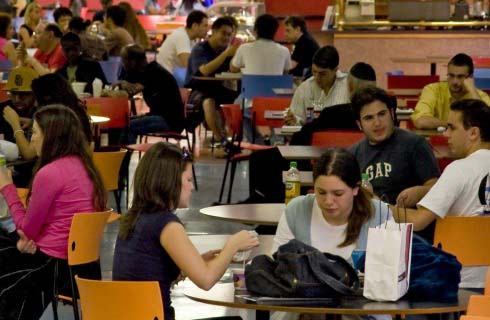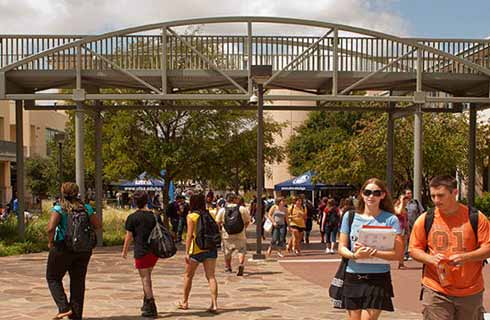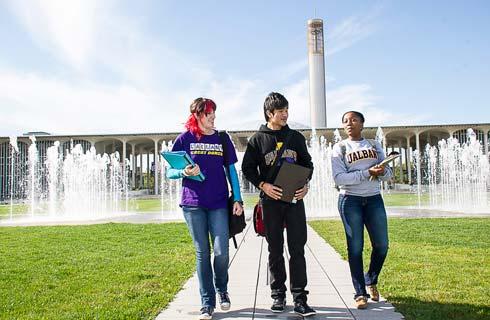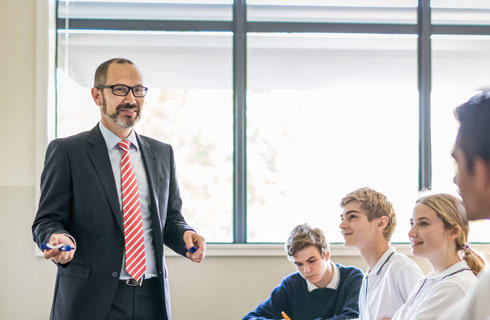文学士(荣誉)历史
BA (Hons) History

学历文凭
Bachelor Degree with Honours

专业院系
History

开学时间

课程时长

课程学费

国际学生入学条件
IDP—雅思考试联合主办方

雅思考试总分
6.5
- 雅思总分:6.5
- 托福网考总分:80
- 托福笔试总分:
- 其他语言考试:Pearson Academic PTE - 62 (with no less than 59 in each Communicative Skill) Cambridge C2 Proficiency or C1 Advanced - 176 with a minimum of 169 per component
CRICOS代码: V100
申请截止日期: 请与IDP联系 以获取详细信息。
课程简介
Why study history Our answer to that is simple: because we are human, and we need to understand ourselves, and one another. History helps us to see other ways of thinking and living – and it offers us alternative perspectives on the present.,The History programme at Durham is designed to give you a sense of the diversity of human experience – geographically and chronologically. We offer an unusually broad range of options that will take you to very different places and times. You can also explore diverse themes and approaches, such as environmental and scientific history, visual cultures, and gender and sexuality. The course will equip you with critical and presentational skills that are valuable in many careers. Throughout your degree, you will be encouraged to attend an extensive programme of activities, including research seminars and public lectures from high-profile guest speakers.Year 1 offers you an induction into advanced historical study, engaging with different periods and approaches to the study of the past. Year 2 raises new questions about the human past, setting these in specific periods and parts of the world. It develops your understanding of historiography - the history of history-writing – and gives you experience of writing an extended historical argument. You can also apply to add a placement year or a year abroad to your degree, increasing the course from three years to four. In Year 3 the focus is on intensive study and independent learning. The special subject guides you through the primary and secondary material on a specific period or phenomenon; the dissertation allows you to choose your own topic, and devise your own question, for an extended piece of writing. The dissertation is an opportunity to focus on a topic that fascinates you – and brings together the skills you have developed through your time at Durham.Course structureYear 1 modulesCore modules:Making History We have one core module in Year 1: Making History. But our students do not all study the same thing on this module: we teach it through multiple strands. You will choose a ‘strand’, focussed on a particular topic. With the other students on that strand you will meet regularly in a seminar group, following a course of reading and discussion that gives you a grounding in the key skills you will need at later stages of the course to interpret and explain historical information.Optional modules:In recent years, optional modules have included: Decline and Crisis Europe 1300–1500 Transformations in the Late Antique Mediterranean, c.300–c.700 CE Connected Histories: Early Modern Europe, c.1450–1750 The Atlantic Archipelago, c.1500–c.1750 Modern Times: A Cultural History of Europe, c.1860–1960 Power in Africa Imagining East Asia in the Modern World Year 2 modulesCore modules:Conversations in History As in year 1, this is actually taught through multiple strands in seminar groups – so students do not all study the same thing. But whatever the focus of your strand, the core module will encourage you think about how history is written, and to identify and define your own questions. You will develop effective strategies for handling contrasting approaches as you plan and write an in-depth, independent project, and you will discuss and explain your ideas in a small-group context.Optional modules:Some examples of our current optional modules are The Book of Hours in Medieval Life and Art Medieval Islamic World Inventing France, 1300–1500: Kings and Communities of the Realm Law and Order in the Barbarian Kingdoms c.500–800 AD The Court: Art and Power in Early Modern Europe A ‘Pure’ Land Gender, Caste and Community in South Asia, c.1750–1950 The “Vast” Early Modern Americas Early Modern Hospitality in Global Comparative Perspective Hard Times: British Society, 1815–1902Year 3 modulesCore modules:Dissertation In your final year, you will choose your own dissertation topic, through consultation with a supervisor.
相关申请
 预科
预科 奖学金
奖学金 实习机会
实习机会 在校学习
在校学习 跨境学习
跨境学习 校园授课-线上开始
校园授课-线上开始 在线/远程学习
在线/远程学习
开学时间&学费
学费信息仅供参考,请与IDP联系以获取详细信息
| 开学时间 | 时长 | 学费 | 地点 |
|---|
学校排名

世界排名114
数据源:
泰晤士高等教育世界大学排名
关于杜伦大学

杜伦大学创建于1832年,是英国历史最悠久的大学之一。杜伦大学建于中世纪世界遗产地旁,有着悠久的历史和现代价值观,是一座备受推崇并拥有前瞻性思维的学府。如今,来自世界各地的18000多名学生在达勒姆就读。杜伦大学有28个系,开设有200多门本科和研究生课程。该校很多教师都处于各自领域的最前沿。教职人员利用出色的研究和学科知识为所有学生提供优质的教学。目前,杜伦大学有17个学科在全球大学中名列前100位,其中九个学科名列前50位。除了在学术上的卓越成就,该校还努力为学生提供支持,帮助他们在毕业后获得有意义的工作。其毕业生就业能力目前在世界上排名第88位。该校的就业与创业中心致力于培养学生的专业技能,并提供商业人脉和工作机会。杜伦大学目前在2020年《QS世界大学排名》中名列第78位,稳稳跻身全球大学百强之列。该校为教职人员和学生创造了一个热情友好的多元化社交环境,并因此而倍感自豪。目前,杜伦大学28%的在校生为非英国本土学生。大学社区处在独一无二的达勒姆求学体验的核心位置,达勒姆的每个社区均是多元化、多学科的社区,由来自不同背景和文化的学者、学生和工作人员组成。有了这些社区,加上该校杰出的支持体系,学生们一定会有宾至如归之感,并可参与大量精彩的课题。
本校相关课程

博士神学与宗教
学历文凭
Ph.D.
开学日期
课程费用总额


MLitt神学与宗教
学历文凭
Masters Degree (Taught)
开学日期
课程费用总额


博士学位论文博士学位
学历文凭
Ph.D.
开学日期
课程费用总额


理学硕士心理学研究
学历文凭
Masters Degree (Research)
开学日期
课程费用总额


研究心理学硕士
学历文凭
Masters Degree (Research)
开学日期
课程费用总额


博士哲学
学历文凭
Ph.D.
开学日期
课程费用总额

其他相关课程

国家土著研究中心哲学博士
 澳大利亚国立大学
澳大利亚国立大学学历文凭
Ph.D.
开学日期
课程费用总额


芬纳环境与社会学院哲学硕士
 澳大利亚国立大学
澳大利亚国立大学学历文凭
Masters Degree (Research)
开学日期
课程费用总额


社会科学学士(荣誉学位)
 纽卡斯尔大学
纽卡斯尔大学学历文凭
Bachelor Degree with Honours
开学日期
课程费用总额


哲学博士(人文,艺术和社会科学)
 斯威本科技大学
斯威本科技大学泰晤士高等教育世界大学排名:282
学历文凭
Ph.D.
开学日期
课程费用总额


国际发展研究生文凭
 乐卓博大学
乐卓博大学泰晤士高等教育世界大学排名:267
学历文凭
Graduate Diploma
开学日期
课程费用总额


土著哲学博士
 南十字星大学
南十字星大学泰晤士高等教育世界大学排名:456
学历文凭
Ph.D.
开学日期
课程费用总额










 英国
英国